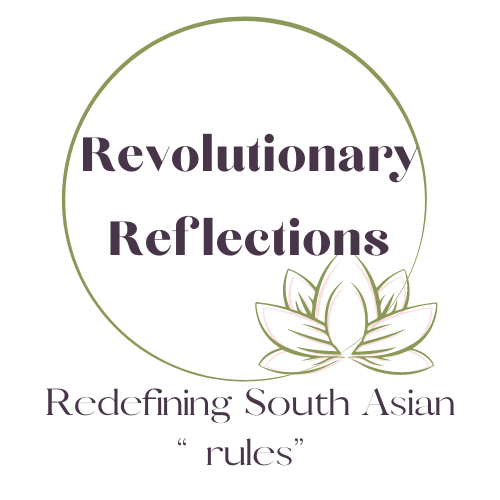Power vs. Respect
Have you ever needed clarification on respect in your house? Maybe the messaging around it didn't make sense. Maybe you said something to your parents or elders, only to be told it was disrespectful. You took a minute then didn't understand how it was disrespectful at all. I call this "respect confusion." Being taught to respect our elders is confusing because the demonstration of respect is off. Respect is treating someone with kindness, dignity, and admiration. Looking up to your parents isn't a big ask for a kid; it comes naturally. We want to make them happy. What they say and how they feel matters to us. So, we go out of our way to make this happen. But this gets tricky for us in South Asian households because respect can come out more like a demand. We might learn that respect means whatever the adults say must happen…we are taught to mute our voices. Naturally, you learn to be silent and bear through the directive because the consequence of not following is too great. To further the confusion, even when you're asked for an opinion, it doesn't have weight. It's dismissed. This isn't respect anymore; this is power. Confusing messages around respect muddles how we feel and think, stifiling our inner voice. The good news is that your feeling "this doesn't make sense" is valid. Trust your voice. Respect is a two-way street regardless of age. Your age doesn't determine if you deserve respect. Your thoughts and feelings matter. If you want to learn to embrace your voice and feel more comfortable in your skin, you should! This voice and speaking authentically may seem impossible, especially if you're around the people who helped shape this confusion. Sure, it will be challenging initially. It's also going to be incredibly liberating and empowering. So go, get quiet with yourself, and listen. Your inside voice is asking to come out. The first step towards requiring respect is finding your voice in the mix.
